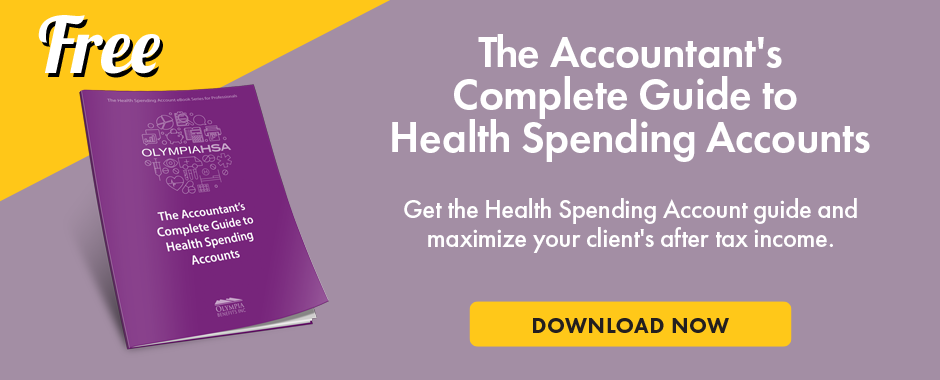Many small business owners meet with an accountant for the first time without any idea or expectations. Here's some questions you should ask your accountant or tax advisor to make sure things are on track and that you are taking an efficient tax route.
1. What information do you need from me?
The more information you provide to your accountant, the better off you will be. However, this doesn't mean that you can just dump all your receipts to them (you can, but expect to pay more for them to sort out your financial transactions, plus a lot of extra trips to the accountant). This is where bookkeeping and having a financial system comes into place. To get good financial output from an accountant, you must also have good inputs. This means recording your records (transactions, receipts, bills, invoices) in a efficient and orderly manner.
For more information on bookkeeping, here are their responsibilities:
- Reconciling accounts at the end of each month or week
- Managing and tracking bills, payroll, and invoices
- Tracking sales taxes and filing returns
- Handling transactions between suppliers and customers
- Establishing a financial system
- Budgeting and cash flow monitoring
- Managing accounts payables and receivables
- Determining asset depreciation
2. Are there any changes to my taxes this year? New ways to save?
New tax regulations and laws are always being put into place. The same is the case with existing ones... they are always being revised. Be sure that your accountant is in the loop and saving you money where it can be saved. By talking to your accountant about major changes, you can decipher if any tax advantages (such as deductions or credits) can be utilized. One commonly under-utilized tax vehicle is the Health Spending Account, which allows small business owners to turn after-tax personal medical expenses into before tax business expenses.
3. What does an accountant provide in their services?
Besides the financial reports, a good accountant provides important business insight for the owner by interpreting the businesses financial information. This includes things like finding your appropriate business structure (partnership, corporation, sole proprietorship), explaining your working capital needs, creating an overall structure and organization to your financials, tax returns, budgeting, and reaching maximum tax efficiency.
4. What changes can I make now to save on taxes in the future?
Even small adjustments in your spending habits can have a significant impact on your business's future. This is where an accountant plays a crucial role as your financial strategist. They can analyze your information and provide insights on how to reduce future expenses. For instance, they can suggest changes like:
- Contributing to / maxing out your RRSP and/or TFSA
- Determining dividend or salary payment to yourself
- The new income splitting rules among family members
- Capital gains transactions
- Investment gains or losses
5. When can I expect the work to be complete?
Seeking an accountant who is both organized and reliable is key. Given the time-sensitive nature of many tax matters, it's crucial to inquire about your accountant's timeline for completing your work.
6. Should I provide authorization to my accountant for my CRA Business Account?
Many accountants may ask for access to your CRA account as a representative in order to verify information. Rest assured, it is standard practice to provide your accountant with level 1 (and sometimes, level 2) access in order to view your documents (account balance and activities and return status). You can read more about it from the List of services for representatives of businesses.
7. How do I know if I need an accountant?
Not every small business needs financial help. If you are in a position to grow or cut costs, then an accountant's expertise may be right for you. It comes down to seeing if the bookkeeper or accountant is a worthwhile investment - whether you are in a position to gain from it. Do you find that you are spending too much time on tracking expenses instead of growth for the business? Are you having trouble making financial decisions? These are legitimate reasons to hire an accountant!
8. Health and Dental Benefits for a Small Business?
Health and dental coverage is an area where lots of small business owners fall short. However, that doesn't have to be the case. Health Spending Accounts are a tax tool which turns after tax personal medical expenses (for the owner and employees) into before-tax business expenses. This health and dental plan offers 100% coverage and is a cost-effective solution in Canada. The claims process funnels your money so that the end result is a business expense. Approved by CRA, Health Spending Accounts are a modern day solution for health and dental benefits.
To learn more about Health Spending Accounts, download our FREE Guide:

Talk to your accountant about an HSA - send them this guide:

Related reading:
Common misconceptions about Health Spending Account costs in Canada
https://www.advisor.ca/tax/tax-news/asking-clients-these-10-questions-can-help-reduce-tax/